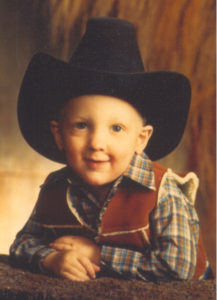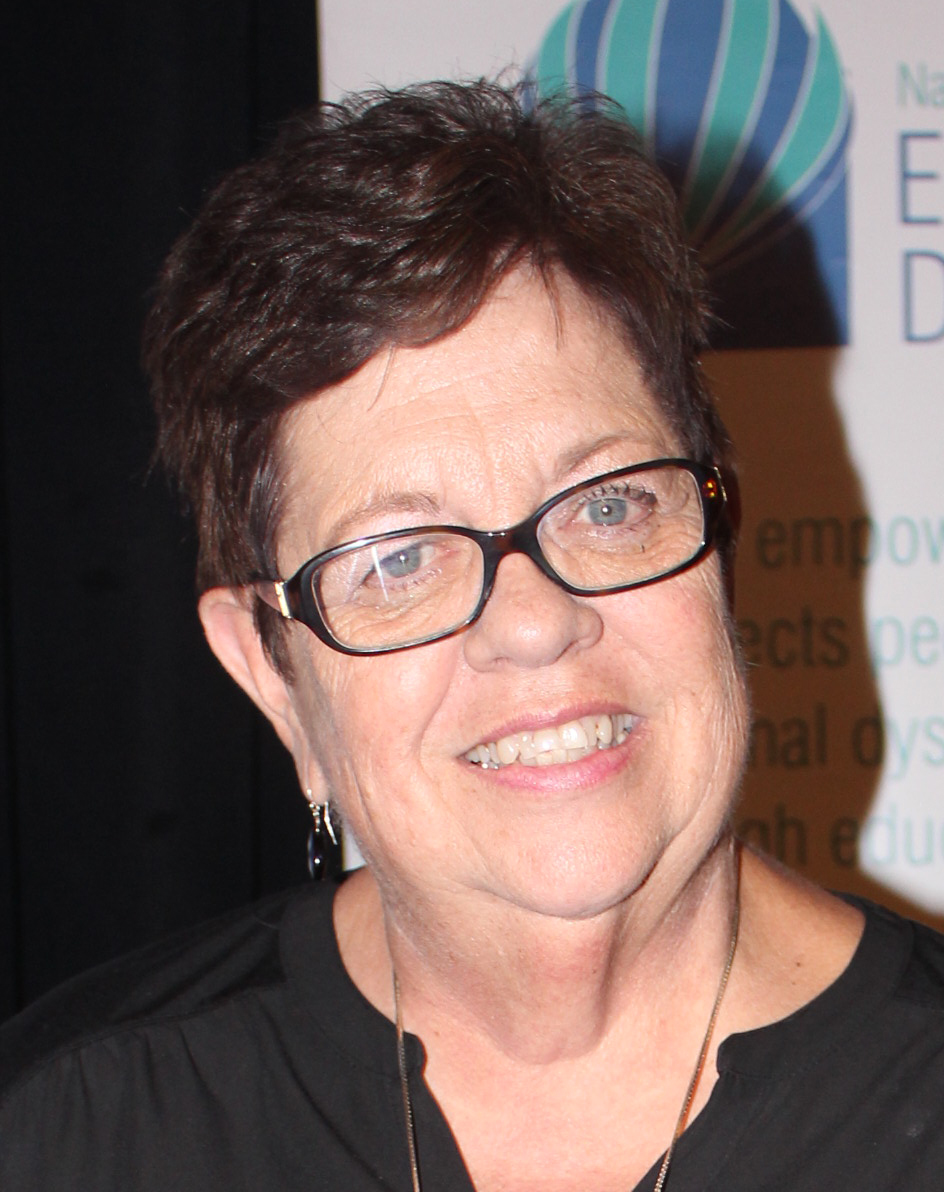By Mary K. Richter
NFED Founder and Executive Director 1981-2010
While we often hope for or look for change or something better, time suggests that much in life doesn’t really change all that much.
Take for instance the mom who works hard to teach her children to put away their toys and possessions. Chances are that the child will learn from mom’s example and continue accordingly. I don’t know if my mom wasn’t very good at teaching that or if I am really as spoiled as my older brother and sister would attest but that’s something I didn’t learn especially well.
On the other hand, some lessons from my mother about how to treat others, the arts or working hard for what I wanted seemed to be learned fairly well. She also taught me to be tough when it was called for and it was perhaps that lesson that ended up being most important of all.
Just yesterday, Chuck and I were having a discussion about the fact that his little girl is now the age that he was when he received his first set of dentures. Neither of us remembers a whole lot about the experience other than it was a challenge and a challenge worth winning.
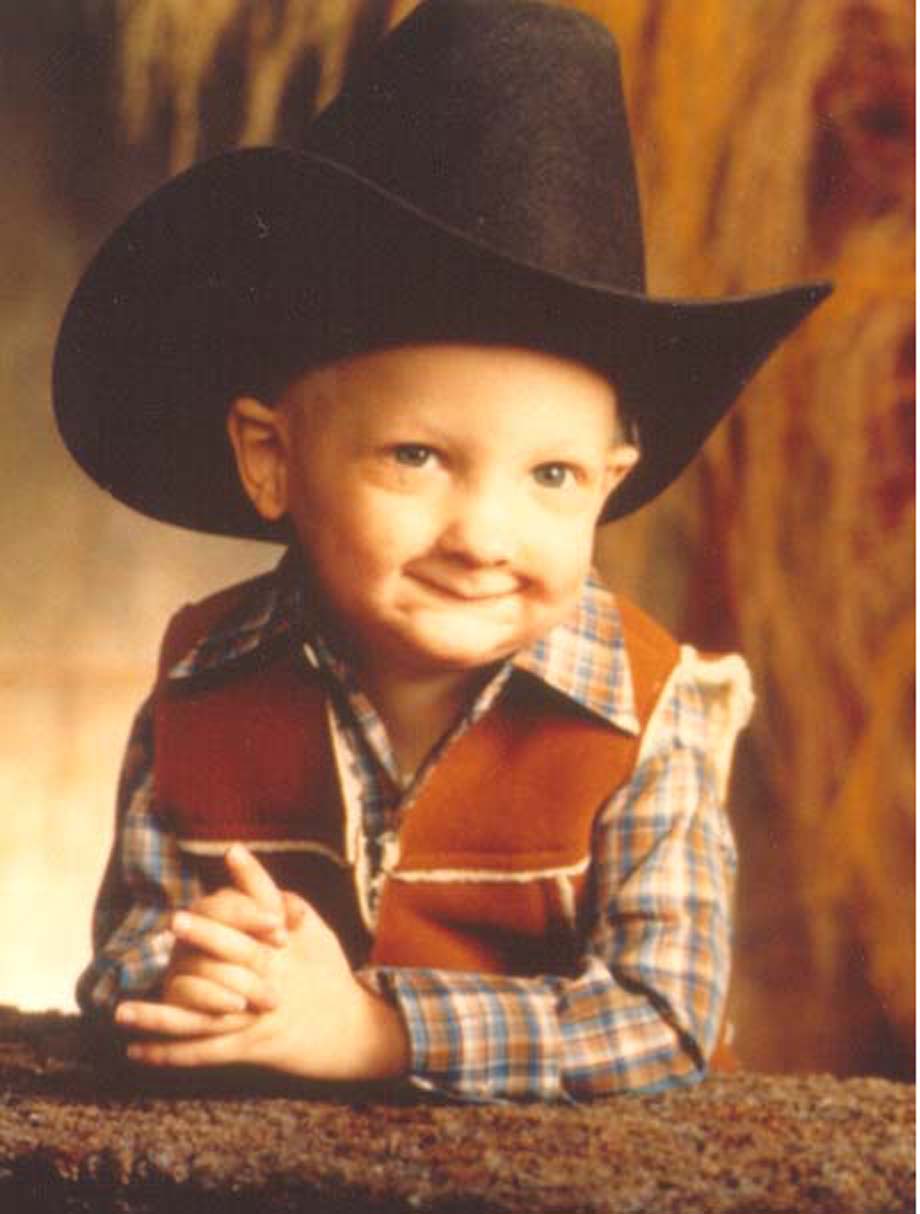
He certainly doesn’t recall seeing the dentist when he was 2½ or the day we came home with his first set of dentures. It’s hard to believe but that was 34 years ago.
At that time, dentures were typically made for teenagers who often struggled mightily trying to adapt. Even our dentist wasn’t certain it would worked but he worked hard to make certain the dentures fit and were the right size and it was my duty to help Chuck learn to wear them.
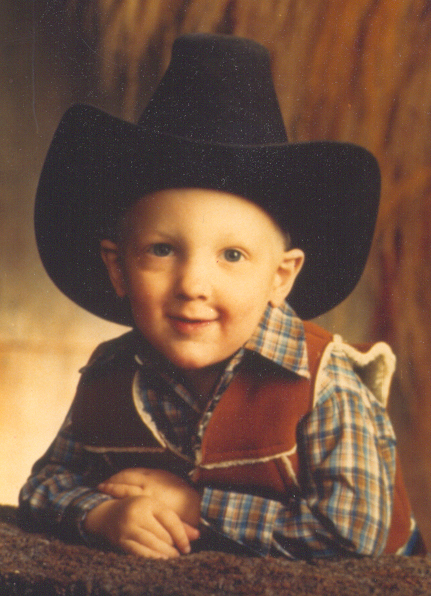
We came home from the dentist and it was quickly obvious that the “tops” were going to stay in with little difficulty and that the “bottoms” were not. The good doctor didn’t have much advice other than a half set of dentures would do little good. We were a team – a dedicated dentist, a determined mother and a somewhat reluctant toddler.
However, it was that dedication and determination that made all of the difference when it came to creating a confident adult willing and able to manage the nuances of ectodermal dysplasia. In retrospect, the time needed for Chuck to adapt was minimal–about a month. Never was an investment of time and effort more valuable.
Each time I see a youngster who has not received dental care, I wonder why such is the case. Could a competent dentist not be found? Was cost the prevailing determiner? Were parents unwilling to make the effort that needs to be made? Whatever the reason, I know that the youngster is at risk for teasing, torment, self-doubt and embarrassment.
Is the future for children who don’t get care bleak? Not necessarily but I am inclined to think that they face more challenges than those children who receive care prior to entering school. Over the years, I have met many, many adults affected by ectodermal dysplasias. Some have adapted to life’s challenges amazingly well while others have not.
Having dental care at an early age does not mean all of the issues associated with ectodermal dysplasias will be eclipsed.
However, the adults I have met who have struggled mightily nearly always have one commonality-a lack of early dental care.
There was a time when the only option was dental care nearing adulthood of the patient. But that simply is no longer the case. Why would anyone want to play roulette with such a critical matter? Why would anyone let a child make such a critical decision? Why would anyone want to pursue anything other than the best for their child?
As I consider my granddaughter and what I would do if she had the same needs as her father did 30+ years ago, the thought scares me. I don’t know if I could do all of that another time. But I do know that I’d have to find a way. I want the very best for her just as I did for her daddy.
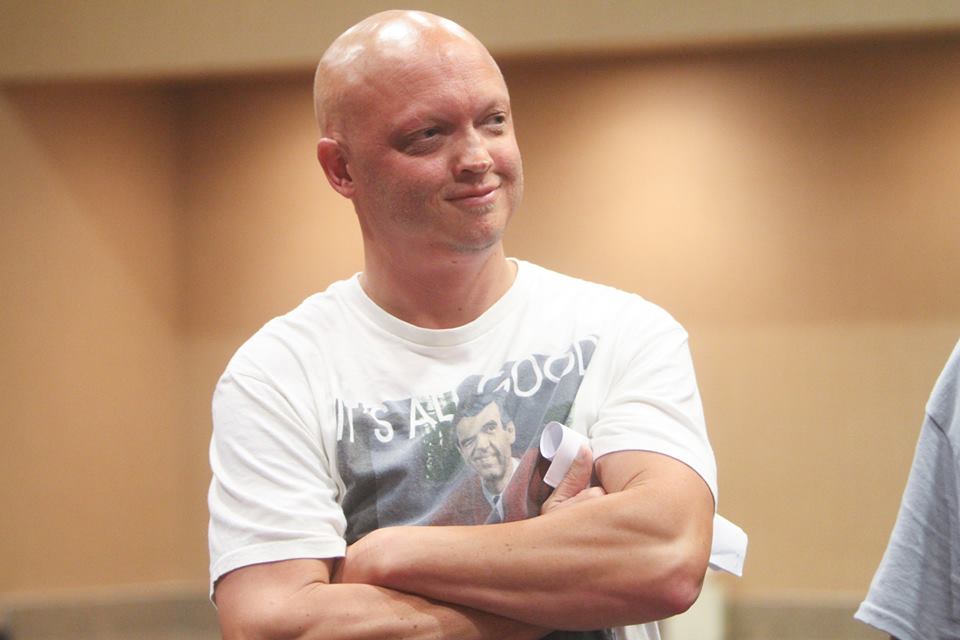
For me, there would be no option. It probably would be tougher as this grandma tends to spoil her grandchildren but it would have to be done if we are to provide the best possible life for her. In many ways, it is déjà vu all over again as I remember those early years and the magic dental care provided in Chuck’s life.
Will you be equally satisfied with the decisions you make as you consider your contributions to your child’s life? We only get one chance and my hope is that your déjà vu will give you a sense of happiness and pride. I hope so.
Mary K. Richter is a guest blogger for the NFED. She founded the NFED in 1981 and served as executive director until 2010 when she retired.
Share Your Story